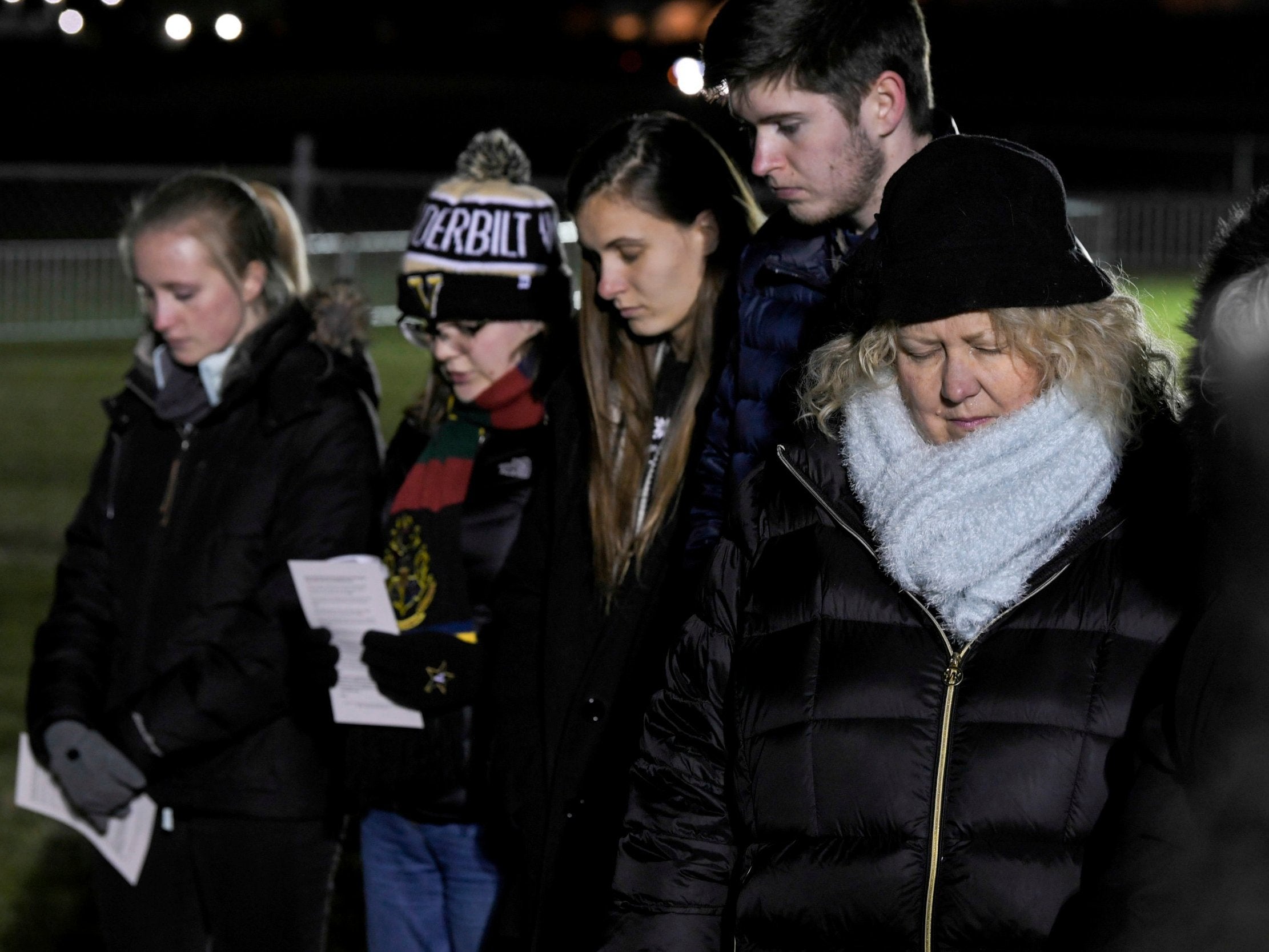
A death row inmate in Tennessee became the second person executed in the US state using the electric chair in just over a month.
David Earl Miller, 61, was pronounced dead at 7.25pm at a maximum-security prison in Nashville on Thursday night.
He was convicted of killing 23-year-old mentally ill woman Lee Standifer in 1981, and had spent 36 years on death row – the longest of any inmate in Tennessee.
Earlier on Thursday, Governor Bill Haslam refused Miller’s request to commute his sentence to life in prison.
Attorney Stephen Kissinger said Miller’s last words before the first jolt of electric current hit him were: “Beats being on death row.”
It follows a long-running court battle over the method of execution.
Both Miller and inmate Edmund Zagorski – executed in Tennessee on 1 November – chose the electric chair over lethal injection following a series of botched drug executions during which inmates have appeared to suffer.
In recent decades, states have moved away from the electric chair and no state now uses electrocution as its main execution method, according to Robert Dunham, executive director of the Death Penalty Information Centre.

In Tennessee, however, inmates whose crimes were committed before 1999 can choose electrocution over lethal injection.
Legal teams for both Miller and Zagorski argued in court that Tennessee’s current midazolam-based method of injection causes a prolonged and torturous death.
They pointed to the state’s August execution of Billy Ray Irick, who took around 20 minutes to die, during which time he coughed and spluttered before turning a dark purple.
The courts said Miller couldn’t challenge the constitutionality of the electric chair because he chose it, even though his attorney argued the choice was coerced by the threat of something even worse.
In Alabama, more than 50 death row inmates have opted to be executed using a nitrogen gas chamber rather than face lethal injection.
No witnesses from either Miller's family or Standifer’s were present for the execution.
But a Department of Correction spokeswoman Neysa Taylor read a brief statement from a woman from Ohio who did not want her name given.
“After a long line of victims he has left, it is time to be done. It is time for him to pay for what he has done to Lee.”
Miller’s death was only the third time Tennessee had put an inmate to death in the electric chair since 1960.
Additional reporting by agencies







